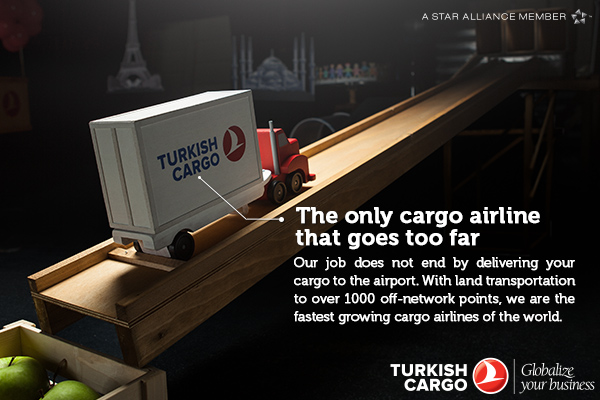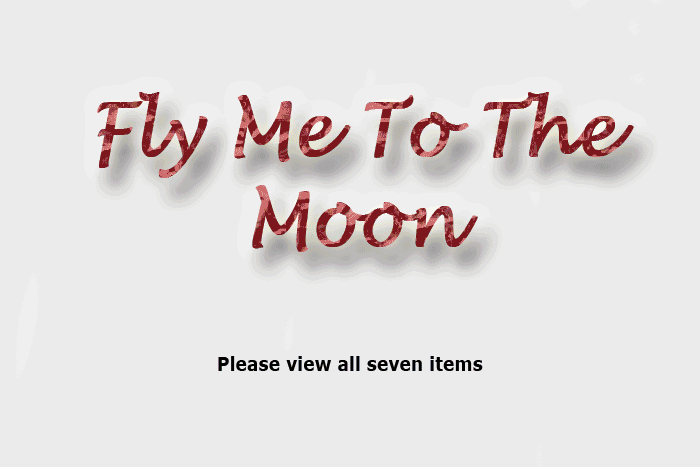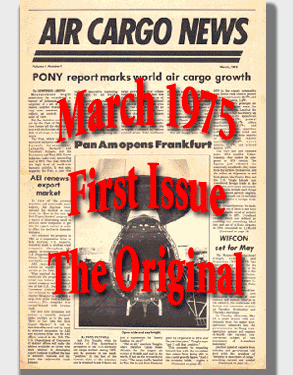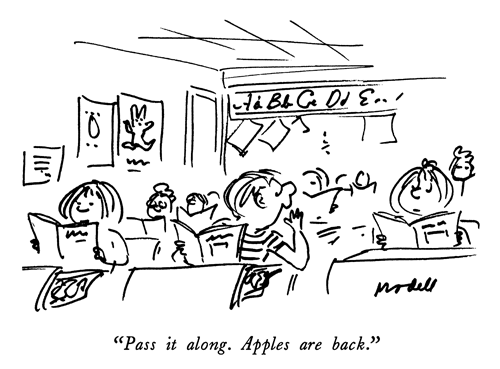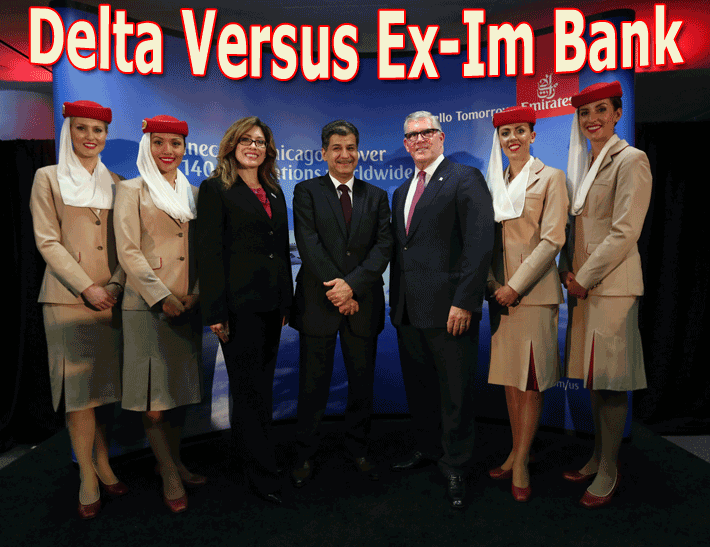
Chicago Aviation Commissioner Rosemarie
S. Andolino, Emirates Executive Vice President and Chief Operations
Officer Adel Al Redha, and Choose Chicago CEO Don Welsh celebrate Emirates
airline's inaugural flight at O'Hare International Airport into Chicago
on Tuesday, August 5, 2014.
Emirates
Airline may have inadvertently rubbed a tender spot in U.S. politics
as it launched blue ribbon, non-stop service from Chicago to Dubai via
a B777 aircraft.
EK arrived in Chicago—landing directly
in the city that headquarters Boeing.
Today Boeing is involved in a debate over
the future of the U.S. Import-Export Bank (Ex-Im Bank) guaranteeing
aircraft loans on airplanes.
Emirates currently operate 138 B777s and
have ordered a record breaking additional 150 B777s with a list price
value of $76 billion.
The Anderson Factor
 Delta Air Lines CEO Richard Anderson has gone high profile on Ex-Im
Bank, demanding some reform at the bank in terms of how it impacts his
airline.
Delta Air Lines CEO Richard Anderson has gone high profile on Ex-Im
Bank, demanding some reform at the bank in terms of how it impacts his
airline.
Pulling no punches, Mr. Anderson said
in testimony before the U.S. Congress on June 25 that he opposes reauthorization
of the Export-Import Bank charter—due to expire September 30 in
its present form—unless there are changes to the way the bank
finances the sale of wide-body aircraft, because it gives foreign airlines
an unfair advantage in competing for international passengers.
“That fight is heavily tilted in
favor of foreign airlines receiving government subsidies, both from
those airlines’ home governments, and, amazingly, from our own,”
Anderson said.
Buy Eight
Get One Free
“Export-Import Bank loan guarantees
to Emirates are equivalent to $20 million per plane, effectively giving
the carrier one free plane for every eight new planes it buys,”
Mr. Anderson declared.
Once upon a time, renewal was automatic
for the 80-year-old Ex-Im Bank, founded February 2,1934.
But some reform-minded legislators are
charging that “excessive crony capitalism is at work at the service”
and are threatening to pull the plug and let the Ex-Im Bank charter
expire altogether.
“Delta supports substantial and
effective reform to the Bank’s charter to ensure U.S. airlines
and our employees are not put at a further competitive disadvantage
through U.S. government subsidies to foreign airlines,” Mr. Anderson
insisted.
Fairness & Balance Sought
“Delta’s concerns are specific
to Ex-Im’s continued financing at better-than-market rates of
widebody aircraft to airlines that are creditworthy and/or receive subsidies
from their home country.
“Any reauthorization of the Bank
must—at minimum—contain reforms to address this issue as
well as address transparency deficiencies and a failure to conduct required
impact analyses,” Mr. Anderson said.
“For airlines that are not screened
out on the basis of creditworthiness, state ownership, or state support,
Delta recommends Ex-Im be required to (1) conduct real analysis on the
benefits and harms of its widebody financings on U.S. airlines and our
employees and (2) provide complete transparency on the financings in
which the bank is participating.”
Boeing
Going
 It should come as no surprise that Boeing would
rather the dance just keep on going.
It should come as no surprise that Boeing would
rather the dance just keep on going.
“If U.S. export credit is in doubt,
airplane customers will likely hedge their bets by turning to companies—like
Airbus—that do have export credit guarantees,” Boeing Capital
President Marc Allen said July 31.
“And if Ex-Im goes away, it is predictable
Europe and Airbus will use export credit pricing to provide its aerospace
industry an advantage over ours—with China, Russia, and other
emerging players to follow,” Mr. Allen added.
Drilling For Dollars
Ex-Im Bank makes money; when you think
about it, despite that nasty banking meltdown seven years ago, most
banks (usually) make money.
According to The Congressional Research
Service, some other Ex-Im Bank projects include a $19.9 million guarantee
on a loan from HSBC Bank to a Nigerian company purchasing a liftboat
that provides living quarters, hydraulic cranes, and stable platforms
to offshore oil and gas production platforms purchased from Offshore
Liftboats based in Cutoff, LA, and a $694.4 million loan guarantee to
Australia's Roy Hill Holdings.
The Roy Hill Holdings loan guarantee supports
the creation of an Australian iron ore mine and was granted by Ex-Im
on the condition that hundreds of millions of dollars in mining and
rail equipment be purchased from Caterpillar Inc. and two other U.S.
companies, including General Electric.
The deal reportedly supports some 3,400
U.S. jobs, including hundreds of positions at suppliers to Caterpillar.
But some Michigan and Minnesota lawmakers
are not so sure that the new Australian mine's production will not hurt
prices on international markets and harm U.S. ore producers.
Geoffrey
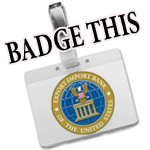
Emirates
opened daily services last week between Dubai and Chicago, home
of Boeing Aircraft Co.
U.S. Congress authorization for
the renewal the Export Import Bank Charter expires September 30.
Ex-Im Bank is the official export credit agency of the United
States.
Richard Anderson, CEO of Delta Airlines
goes before Congress and declares opposition to renewing the Ex-Im
Charter in its present form, saying the Bank gives foreign airlines
an unfair advantage.
“Export-Import Bank loan guarantees
to Emirates are equivalent to $20 million per plane, effectively
giving the carrier one free plane for every eight new planes it
buys,” Mr. Anderson said. |
More testimony here.
